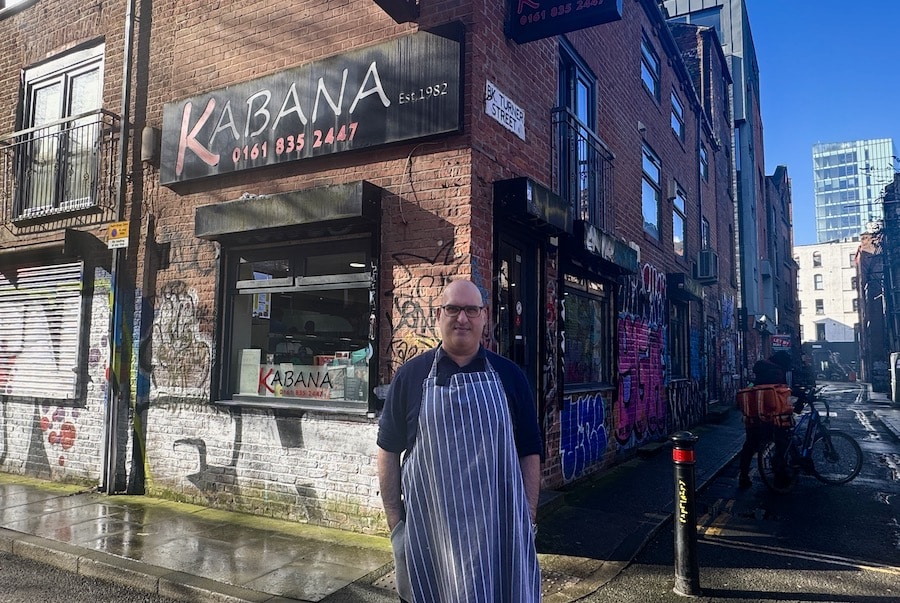What is the legacy of Manchester’s most controversial (and maybe its best) novel?
- Written by Thom Bamford
- Last updated 21 seconds ago
- City of Manchester, Cornerstone, Featured, History
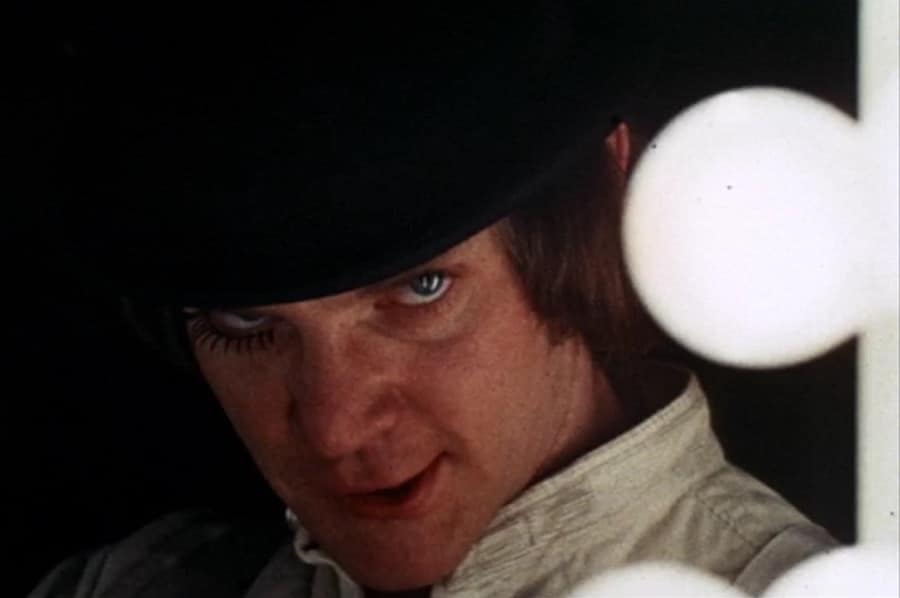
When Anthony Burgess published A Clockwork Orange in 1962, he could scarcely have predicted the seismic cultural impact it would have.
Over sixty one years later, this brutal yet darkly comic dystopian novel remains one of the most discussed, analysed, and controversial books in modern literature. Its influence extends beyond literature into music, film, fashion, and even political discourse.
But what is it about A Clockwork Orange that ensures its continued relevance? And how does its legacy reflect the cultural and social anxieties of both Burgess’s time and our own?
And what was Manchester’s role in its conception?
John Anthony Burgess Wilson
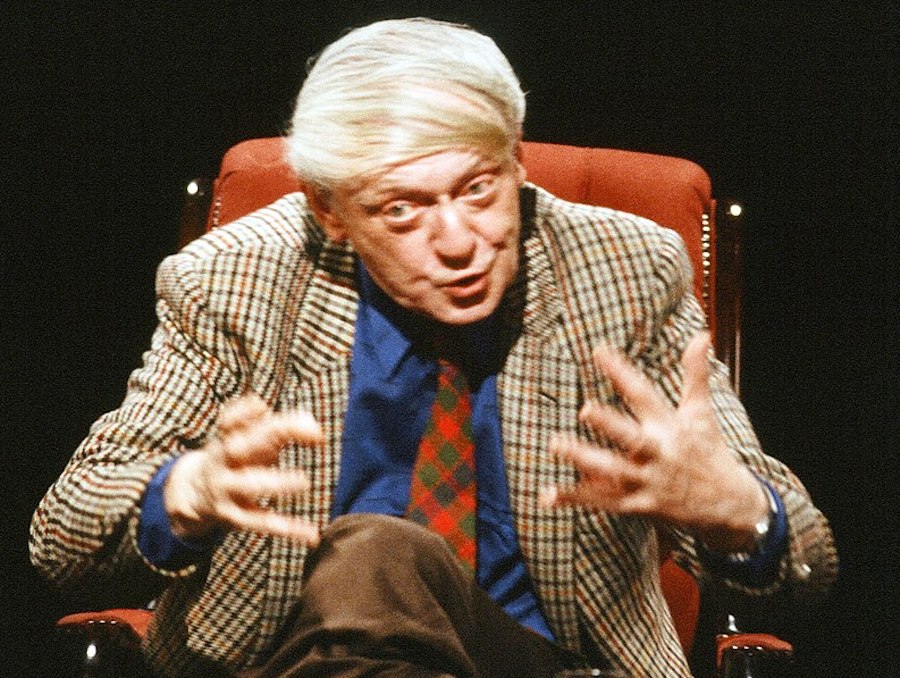
Born in Manchester in 1917, John Anthony Burgess Wilson was a polymath whose career spanned music, linguistics, and literature. Despite writing nearly forty novels, it is A Clockwork Orange that has overshadowed his vast body of work.
It is an irony he resented. He often dismissed the novel as a ‘gimmick’ or a ‘didactic fairy tale’ that unfairly eclipsed his more ambitious works. And yet, the book remains his most widely read, adapted, and analysed work.
Inspired by real-life violence—both in post-war Britain and on a visit to the Soviet Union—Burgess crafted a chilling narrative about juvenile delinquency, state control, and the nature of free will.
The novel’s linguistic innovation, particularly its use of ‘Nadsat’, a slang infused with Russian words, gives it a unique texture that continues to fascinate scholars and readers alike.
The power of free will and the failure of state control
At its heart, A Clockwork Orange is a philosophical novel. Burgess, raised in a Catholic household, was deeply interested in the problem of free will.
The novel’s protagonist, Alex, is a sadistic yet charismatic teenager who revels in acts of ‘ultraviolence’—until he is forcibly ‘reformed’ through the Ludovico Technique, a controversial form of psychological conditioning. The treatment renders him incapable of committing violence, but it also robs him of his ability to choose between good and evil.
This central moral dilemma—whether it is better to be forcibly good or freely evil—resonates beyond the novel’s dystopian setting. The book critiques not just totalitarian regimes but also liberal democratic states that attempt to control behaviour through social engineering. In an age where mass surveillance, AI-driven behavioural prediction, and government regulation of online spaces are growing concerns, A Clockwork Orange feels as urgent as ever.
Kubrick’s Film: a blessing and a curse
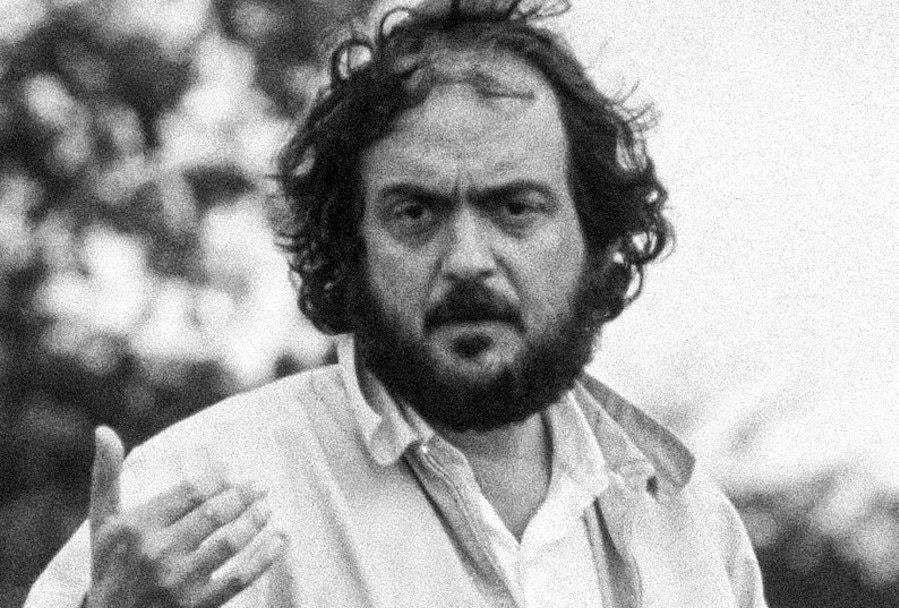
The novel’s legacy owes much to Stanley Kubrick’s 1971 film adaptation. Starring Malcolm McDowell as Alex, the film captured the novel’s aesthetic brutality and introduced its striking visual motifs to a global audience.
The stark contrast between classical music and horrific violence became an iconic element of the film, reinforcing the novel’s exploration of duality—the civil and the savage, the cultured and the corrupt.
However, the film also led to significant controversy. Following reports of copycat crimes in Britain, Kubrick withdrew the film from circulation in the UK until after his death.
This only deepened its cult status. Meanwhile, Burgess found himself constantly having to answer for the film’s perceived glorification of violence.
The book and the film became fused in the public imagination, much to Burgess’s frustration.
A cultural touchstone in music, fashion, and Art

Beyond literature and film, A Clockwork Orange has left a huge mark on popular culture. In music, its influence is undeniable. Bands such as Heaven 17 and Moloko took their names from the novel, while artists from David Bowie to Lana Del Rey have referenced its themes in their lyrics.
Punk and post-punk musicians were particularly drawn to the book’s rebellious ethos, with the Sex Pistols’ drummer claiming A Clockwork Orange was one of only two books he had ever read.
In fashion, the ‘droog’ aesthetic—bowler hats, suspenders, white outfits, and heavy boots—has been embraced by artists and Halloween partygoers alike. Musicians from Madonna to Guns N’ Roses have sported droog-inspired outfits in music videos and performances.
The novel’s stark imagery, particularly from Kubrick’s film, continues to inspire artists, photographers, and designers worldwide.
What is the legacy of A Clockwork Orange?
While A Clockwork Orange may be Burgess’s most famous work, its impact on literature extends beyond its own pages. Writers such as Martin Amis, J.G. Ballard, and William Boyd have acknowledged its influence on their own storytelling. The novel’s blend of satire, linguistic playfulness, and philosophical depth has made it a touchstone for speculative fiction and dystopian literature.
Moreover, the book’s questions about state control, juvenile delinquency, and the ethics of rehabilitation remain in the public consciousness. In an era of increasing debates about criminal justice reform, the rights of prisoners, and the role of technology in shaping behaviour, A Clockwork Orange remains a critical reference point. Its exploration of how societies respond to violence—whether through punitive or rehabilitative measures—continues to provoke discussion.
A reluctant success?
Despite Burgess’s ambivalence toward the novel’s success, A Clockwork Orange shows no signs of fading into obscurity. The book has never been out of print, and new translations continue to emerge across the world. Theatrical adaptations of the novel continue to attract audiences, and academic interest in Burgess’s work remains strong.
The novel’s dystopian vision continues to inspire adaptations and reinterpretations. From interactive digital projects to stage productions incorporating music and multimedia, A Clockwork Orange has proved to be an endlessly adaptable narrative, capable of resonating with each new generation in fresh and unexpected ways.
A Mancunian Legacy
For a Manchester-based readership, Burgess’s legacy is particularly poignant. Despite spending much of his life abroad, his Mancunian roots shaped his worldview. Mancunians never really forgave him for leaving the city.
The city’s working-class grit, its history of radical thought, and its dynamic cultural scene all played a role in shaping the writer Burgess became. In many ways, A Clockwork Orange is a product of both Manchester and the world—a hyper-local yet universal tale of human nature, power, and resistance.
Sixty one years on, A Clockwork Orange remains a mirror reflecting society’s darkest fears and highest ideals.
Whether embraced as a countercultural icon, a cautionary tale, or a philosophical puzzle, its legacy endures. And as long as the question of free will versus control remains relevant, Burgess’s novel will continue to challenge, unsettle, and inspire generations to come.
You can find out more about Anthony Burgess at the the International Anthony Burgess Foundation by clicking here
They are based at: International Anthony Burgess Foundation, Engine House Chorlton Mill 3 Cambridge Street M1 5BY
- This article was last updated 21 seconds ago.
- It was first published on 25 February 2025 and is subject to be updated from time to time. Please refresh or return to see the latest version.
Did we miss something? Let us know: [email protected]
Want to be the first to receive all the latest news stories, what’s on and events from the heart of Manchester? Sign up here.
Manchester is a successful city, but many people suffer. I Love Manchester helps raise awareness and funds to help improve the lives and prospects of people across Greater Manchester – and we can’t do it without your help. So please support us with what you can so we can continue to spread the love. Thank you in advance!
An email you’ll love. Subscribe to our newsletter to get the latest news stories delivered direct to your inbox.
Got a story worth sharing?
What’s the story? We are all ears when it comes to positive news and inspiring stories. You can send story ideas to [email protected]
While we can’t guarantee to publish everything, we will always consider any enquiry or idea that promotes:
- Independent new openings
- Human interest
- Not-for-profit organisations
- Community Interest Companies (CiCs) and projects
- Charities and charitable initiatives
- Affordability and offers saving people over 20%
For anything else, don’t hesitate to get in touch with us about advertorials (from £350+VAT) and advertising opportunities: [email protected]

Big Issue, bigger heart: Manchester comes together for Colin
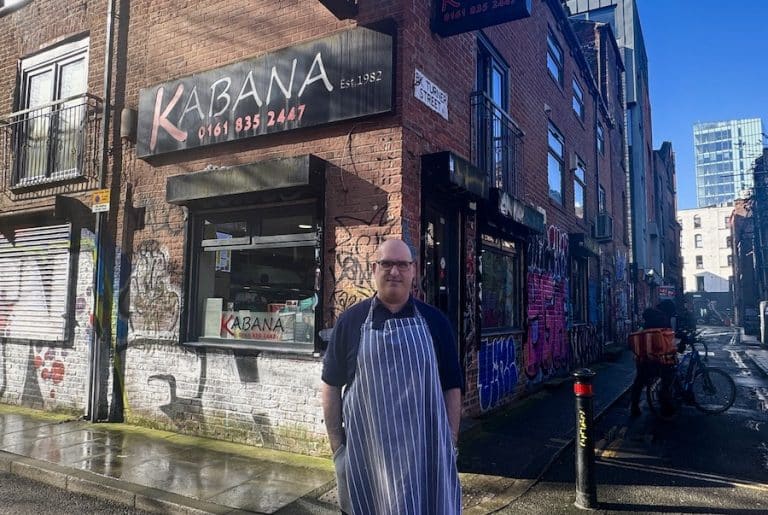
Why generations of Mancunians have loved Kabana for over 40 years

Art, tech and community collide in Manchester’s most interactive exhibit yet


Meet the group reviving Manchester’s urban ecosystem through community action









